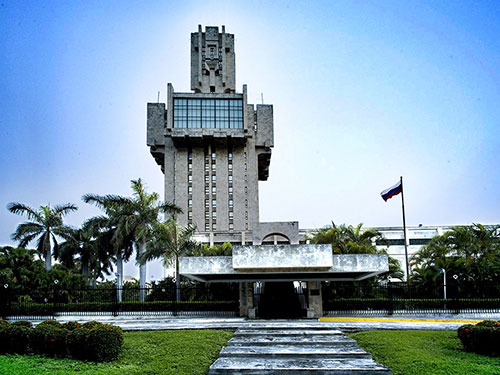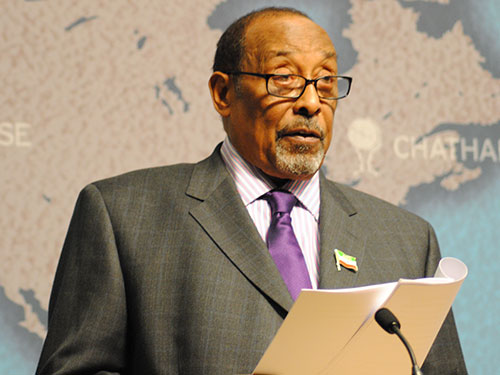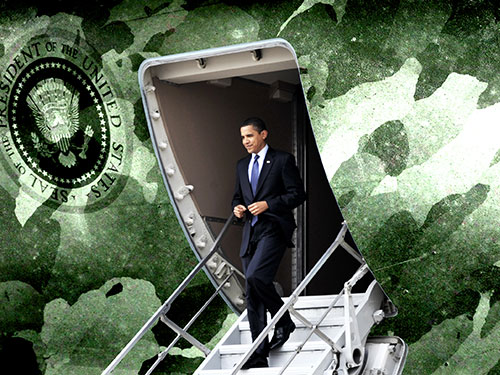
This article was originally published by the Jamestown Foundation on 30 October, 2015. Republished with permission.
Despite all of the other major foreign policy issues on its agenda, Russia has not forgotten Cuba. Indeed, it appears that Moscow’s strategic interest in this Caribbean island country has grown steadily, despite reported stagnation in their bilateral economic ties (House.gov, October 22). Recently, Russian Deputy Prime Minister Dmitry Rogozin announced plans to establish a signals calibration center in Cuba for Russia’s Global Navigation Satellite System, more commonly known as GLONASS—the Russian equivalent of the United States’ Global Positioning System (GPS). He also announced that Russia may set up an aviation engineering center in Cuba (TASS, October 22). These initiatives are not coincidences or wholly new gambits. Russia has sought to reestablish military bases in Cuba for some time. For instance, in February 2014, Defense Minister Sergei Shoigu announced that Moscow was seeking a network of global naval bases that included Cuba and Nicaragua; and Russia could be discussing similar arrangements with Argentina as well (RIA Novosti, February 26, 2014). Although Moscow’s top diplomat, Sergei Lavrov, denied that Russia was seeking or needs foreign bases, he did admit that his country wants “repair and maintenance stations” for its ocean-going fleet. Yet, at the same time, Shoigu observed that Moscow not only wanted the use of ports for its ships but also installations for the refueling of its long-range bombers (TASS, March 17, 2014).




